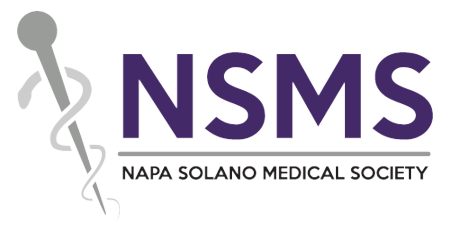

Part 4: Trauma Informed Practice for Leaders: How Systems Play a Role
Recorded On: 10/29/2020
-
Register
- Non-member - Free!
- ACCMA Member - Free!
- MIEC Policyholders - Free!
- NSMS Member - Free!
Recorded October 29, 2020
Knowledge of past series is not needed to participate in upcoming sessions. Part 1-3 is now available on-demand in the Learning Center, see below for further information.
The situations we face in our communities have impacted us all on a personal level. We are learning to manage toxic stress, thinking more about self-care, and reacting with inherent resilience. And many of us are working to manage these same issues in the workplace as leaders - whether that is in a small practice or a large health system. How we communicate with others and how we employ trauma informed practices within those work environments has impact - on us, on those we work with and on the people we serve. Now more than ever, we need a dialogue about trauma informed systems: how we can drive culture change in health care settings to ensure that real healing can occur on all levels.
Learning Objectives:
- Re-examine the neuro-biology of trauma and how it impacts interpersonal communication
- Consider the role of Adverse Community Experiences and how they can exacerbate individual experiences of trauma
- Think about trauma informed communication where power plays a role
- Examine guidelines for communication and behaviors for leaders and systems that are trauma-informed (i.e. Safety and Stability)
For Questions about this program, please contact Jenn Mullins, Education and Event Association at jmullins@accma.org or 510-654-5383

Brooke Briggance
Brooke Briggance comes from a multi-sector background in health, direct impact programming for children, youth and families, and public education non-profit work. She began her career in healthcare in the Department of Neurology at SUNY Stony Brook in New York, and has experience in administrative leadership and public education advocacy and reform. In addition, she served as the Executive Director of the Alameda Education Foundation and worked as a consultant assisting in projects ranging from school district redesign, community engagement, and best practices for non-profits. She is a Certified Grief Recovery Specialist, Certified Mental Health First Aid Instructor, and Certified Trainer in Trauma Informed Systems.

